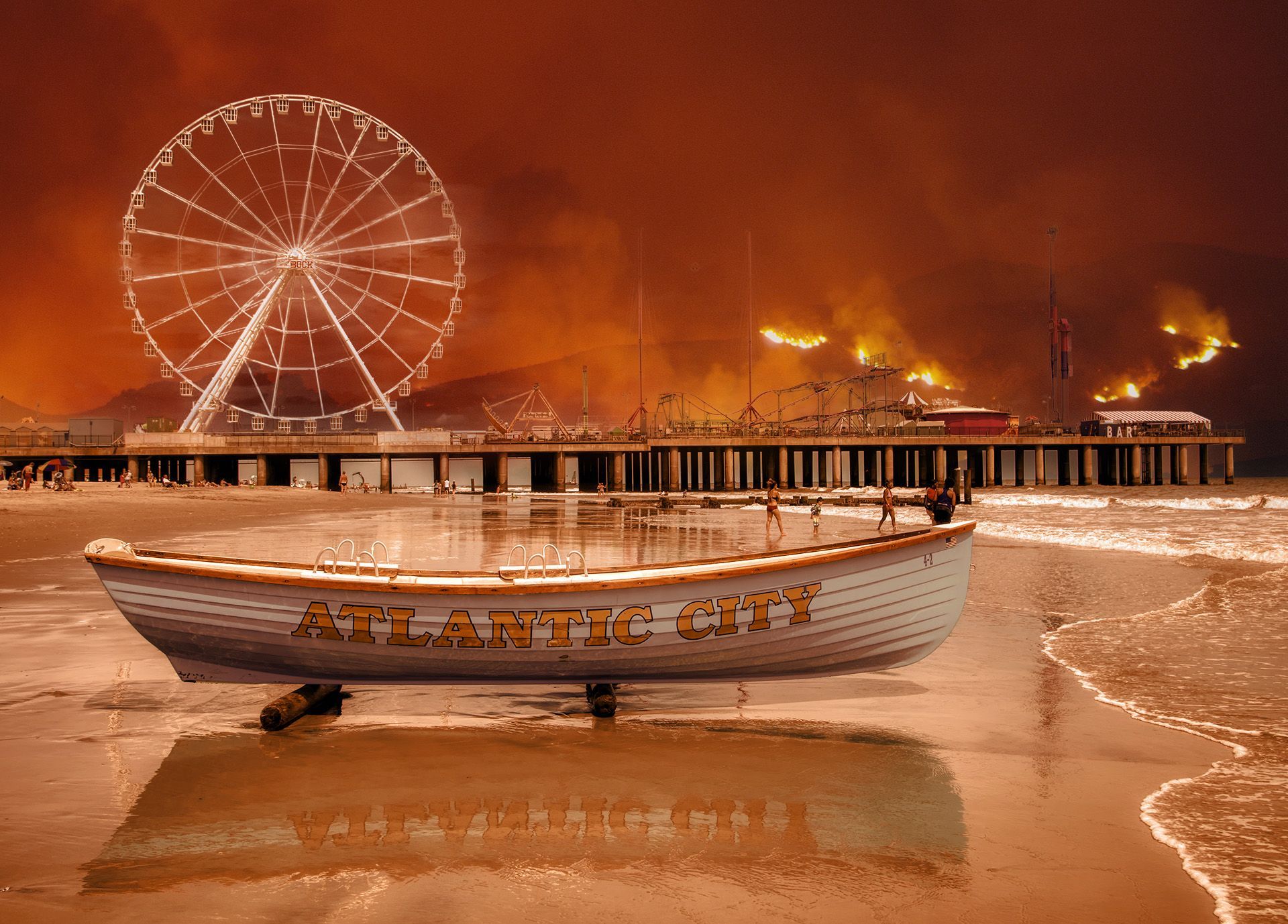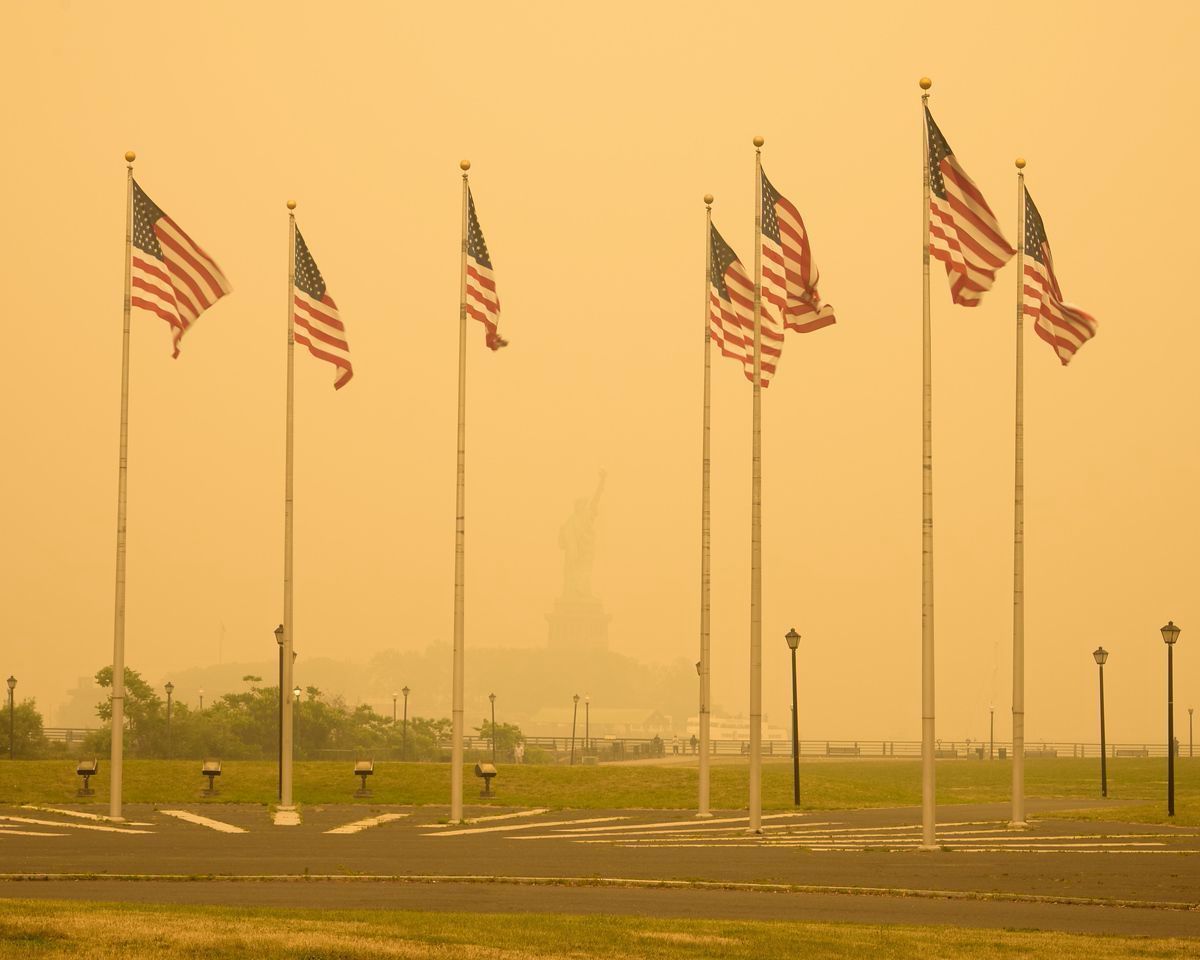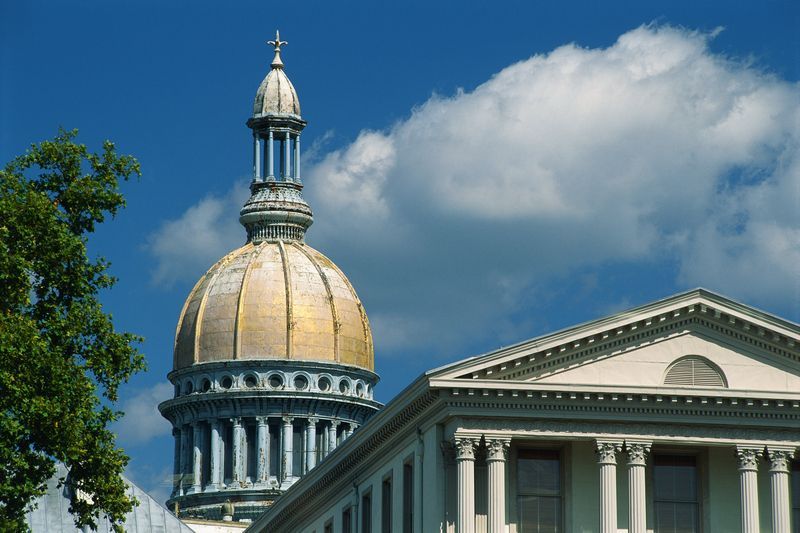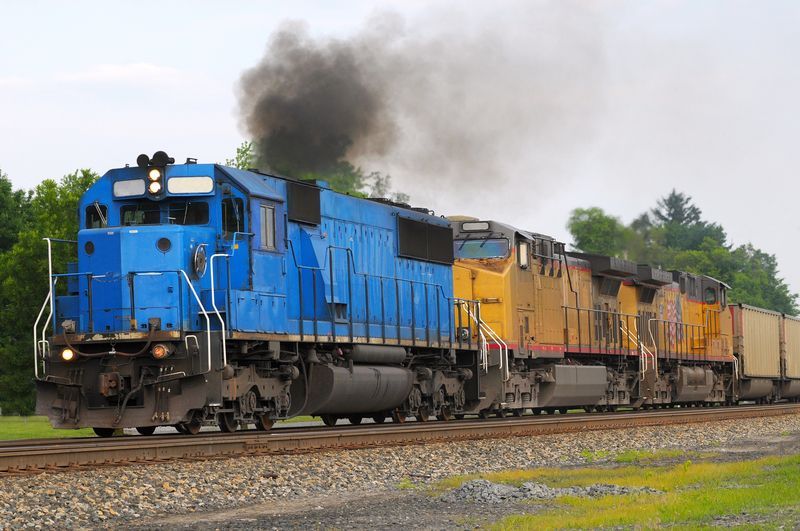New Jersey Summers To Get Weirder As Climate Change Worsens
It's Not Just Hurricanes Anymore

Summertime, and the living is easy? Uhh... Not at all these days.
As climate change driven by fossil fuel use gets worse, the beloved season of summer has become a grab bag of weird weather phenomena for New Jerseyans.
Your leisurely vacation at the Jersey Shore or a peaceful hike in the woods is no longer a given. Welcome to summer in the age of climate change.
So far, 2023 has been the hottest June on record, and the long term pulse is likely to go higher as scientists have already identified an El Nino year developing in the Pacific. It goes without saying that this summer's going to be a scorcher in New Jersey and all over the East Coast.
The Heat Is On: High Temps, Little Rain Fuel Wildfires
The abnormally high temperatures and dry conditions that began earlier this year have put the state, especially southern New Jersey, in a "very high" risk category for wildfires this summer, according to the National Weather Service.
At Bass River State Forest in Ocean County, a 5,000-acre wildfire continues to rage, spewing toxic smoke all over the region. Trevor Reynor of the New Jersey Forest Fire Service says that the park is "very overstocked" with "high-dense fuels" that lead to "extreme fire behavior."
Several smaller fires have popped up as well, prompting New Jersey to issue a statewide Red Flag Warning nearly a month after wildfire season usually ends.
And then there's last week's massive cloud of toxic smoke from eastern Canada, where wildfires are burning uncontrollably during the country's worst season EVER. It's prompted officials in New York and New Jersey to urge residents to stay inside at all costs because of unhealthy air quality throughout the region.
As if our air quality wasn't bad enough from the brown haze, above-average temperatures bring more high ozone days, making it harder to breathe for older adults, asthmatics, people who work outside, and children in a state with an asthma mortality rate that's 18 percent above the national average.
Dirty Fuel Is Fueling More Intense Wildfires
Fossil fuels, namely coal, oil, and gas, account for over 75 percent of global greenhouse gas emissions, according to the United Nations. Unfortunately, drivers concerned about climate change have had little choice in powering their vehicles as multinational oil companies have stymied progress by funding misinformation campaigns about the climate and preventing more eco-friendly fuels from competing with their monopoly.
However, as hurricanes, wildfires, and other abnormal events become the new normal, people are demanding more sustainable solutions for their lifestyles, especially for the way they drive. Sales of zero emission vehicles are breaking records in New Jersey and across the country. Still, many people can't afford an electric vehicle, while others worry about the lack of EV charging stations, and electrifying trucks, ships, and airplanes isn't a feasible option today.
All isn't hopeless, though. Greener gas and diesel is available today. While drivers have been acquainted with ethanol for many years as a way to reduce tailpipe emissions, cleaner fuels made from used cooking oil, grease, food waste, farm waste, and animal waste can be used in passenger vehicles, trucks, and even airplanes.
Clean Fuels Take The Biggest Chunk Out Of Climate Change
Transportation is the largest source of climate pollution in New Jersey, accounting for nearly half of all greenhouse gas emissions. Using renewable fuels in cars, trucks, and farm equipment would reduce those emissions by up to 80 percent.
So if you aren't wild about wildfires and breathing brown air, tell your gas station attendant to "Fill it up, clean!" next time you need to fill your tank.
Related Stories:
N.J. Governor Urges Residents To ‘Stay Inside’ Amid Wildfire Smoke
Atlantic Hurricane Season Likely To Be Average





